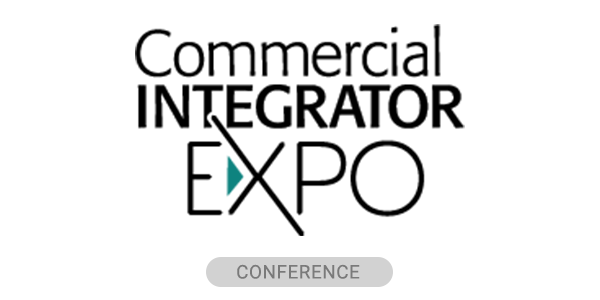Maybe it’s because I recently turned 40. I find myself looking backward in my career, whereas before I only looked forward.
What have I accomplished? Am I setting a good example for my son? What would my dad, who climbed telephone poles for a living, say about whatever it is that I do? There are enough career years under my belt that these questions have emerged and begun rattling around in my head.
That’s probably a reason why I had a particular amount of interest in researching and writing our CI Profile on Denver-based Beacon Communications, which centers on founder Michael Hester.
As much as the article focuses on the integration firm’s strategies, it’s also the story of Hester’s career — from the ideology that led to him founding Beacon in 1998 to the decisions that allowed him to enter semi-retirement in 2014 while embracing his role as NSCA president.
What struck me most about Hester was a comment he made about his biggest weakness as a leader. He said he always tried very hard to find employees’ strengths and to put them in a position to succeed.
“That’s probably my biggest weakness, too, by the way,” he said. “Sometimes I looked too hard where there wasn’t anything.”
That, it occurred to me, is the type of weakness that is relatively easy to live with at the end of the day, at the end of a career. It shows he tried — so what if it was too hard — to help people. The way Hester treated employees throughout his career put him in a position to retire, leaving the company he founded to a leadership team and staff that’s anxious to show their appreciation.
It’s also why it’s obvious he means it when asked about how he’s enjoying semi-retirement. Hester says, “I’m very happy.”
That’s a good career. It got me to thinking about what are the components of a good career, taking the obvious financial success factor out of the equation. To me, being able to look back at the end of your career and be comfortable with your answers to these four questions seems important:
Did I treat people well? For co-workers, I believe that means being a supportive team player. For employees, it’s Hester’s thing: Trying hard to find their strengths and put them in a position to achieve as much as they can. For higher-ups, it’s working hard, trying to make others look good for having you on their team and showing respect.
Am I comfortable with the people that don’t like me? Let’s face it. You’re going to burn bridges and have conflicts. What matters is whether or not you can look back and see that you were on the right sides. If you didn’t resolve these issues, hopefully it’s not because you didn’t try.
Did I respect rules but also question them? I think it’s important to question the parameters that are in place but only if you demonstrate that you understand them in the first place. Otherwise, you’re just a loose cannon.
Did I leave the brands that I worked on in better shape? Most people want to look back on their hard work and creative efforts and see some positive impact.
I’m not completely comfortable with my responses to these questions. The bright side, depending on how you look at it, is that I’ve got a long way to go to get there.
Read the Complete CI Profile: Hester on How to Retire with (Almost) No Regrets




